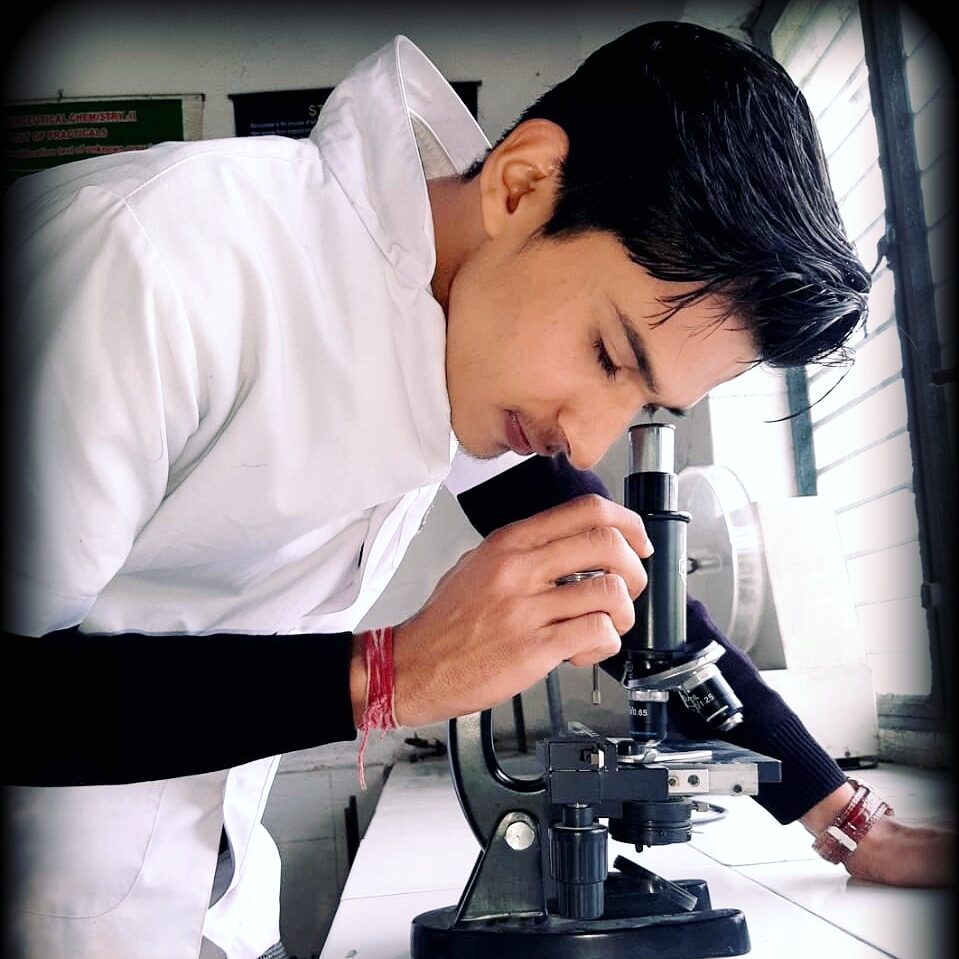Disorders of the gastrointestinal tract (GIT) encompass a wide range of conditions that affect the structure and function of the digestive system. These disorders can involve any part of the gastrointestinal tract, including the esophagus, stomach, small intestine, large intestine (colon), rectum, and anus, as well as associated organs such as the liver, pancreas, and gallbladder. Here is a detailed overview of common disorders of the GIT:
1. Gastroesophageal Reflux Disease (GERD):
– GERD is a chronic condition characterized by the reflux of stomach acid and digestive juices into the esophagus, leading to symptoms such as heartburn, regurgitation, chest pain, and difficulty swallowing.
– Risk factors include obesity, hiatal hernia, pregnancy, smoking, and certain dietary habits.
– Treatment options include lifestyle modifications (e.g., dietary changes, weight loss), medications (e.g., proton pump inhibitors, H2-receptor antagonists), and in severe cases, surgical intervention (e.g., fundoplication).
2. Peptic Ulcer Disease:
– Peptic ulcers are open sores that develop in the lining of the stomach, duodenum, or esophagus, often as a result of infection with Helicobacter pylori bacteria or long-term use of nonsteroidal anti-inflammatory drugs (NSAIDs).
– Symptoms may include abdominal pain, bloating, nausea, vomiting, and gastrointestinal bleeding.
– Treatment typically involves antibiotics to eradicate H. pylori infection, proton pump inhibitors to reduce stomach acid production, and lifestyle modifications.
3. Inflammatory Bowel Disease (IBD):
– IBD is a group of chronic inflammatory conditions of the gastrointestinal tract, including Crohn’s disease and ulcerative colitis, characterized by inflammation and ulceration of the intestinal mucosa.
– Symptoms may include abdominal pain, diarrhea, rectal bleeding, weight loss, and fatigue.
– Treatment aims to reduce inflammation and maintain remission through medications (e.g., corticosteroids, immunomodulators, biologics), dietary modifications, and in severe cases, surgery.
4. Irritable Bowel Syndrome (IBS):
– IBS is a functional gastrointestinal disorder characterized by abdominal pain, bloating, and changes in bowel habits (diarrhea, constipation, or alternating between the two) in the absence of structural abnormalities.
– Triggers may include stress, certain foods, hormonal fluctuations, and alterations in gut microbiota.
– Management involves dietary modifications (e.g., low FODMAP diet), stress management techniques, medications to relieve symptoms (e.g., antispasmodics, laxatives), and lifestyle modifications.
5. Gastroenteritis:
– Gastroenteritis is inflammation of the stomach and intestines, commonly caused by viral, bacterial, or parasitic infections, ingestion of contaminated food or water, or exposure to toxins.
– Symptoms typically include diarrhea, nausea, vomiting, abdominal cramps, fever, and dehydration.
– Treatment focuses on supportive care, including oral rehydration therapy, symptomatic relief with antiemetics and antidiarrheal medications, and in severe cases, antibiotics for bacterial infections.
6. Diverticular Disease:
– Diverticular disease encompasses diverticulosis (presence of diverticula) and diverticulitis (inflammation of diverticula), which occur primarily in the colon.
– Diverticulosis is often asymptomatic but can lead to symptoms such as abdominal pain, bloating, constipation, and changes in bowel habits.
– Diverticulitis can cause more severe symptoms, including abdominal pain (usually in the left lower quadrant), fever, nausea, vomiting, and changes in bowel habits.
– Management includes dietary modifications (e.g., high-fiber diet), medications (e.g., antibiotics, analgesics), and in severe cases, surgery to remove affected segments of the colon.
7. Gallstones and Cholecystitis:
– Gallstones are hardened deposits of bile components that form in the gallbladder or bile ducts and can cause obstruction, inflammation, or infection.
– Cholecystitis is inflammation of the gallbladder, often resulting from gallstone obstruction of the cystic duct.
– Symptoms may include right upper quadrant abdominal pain, nausea, vomiting, bloating, and fever.
– Treatment may involve dietary modifications (e.g., low-fat diet), medications (e.g., pain relievers, antibiotics), and in severe cases, surgical removal of the gallbladder (cholecystectomy).
8. Liver Diseases:
– Liver diseases encompass a broad spectrum of conditions affecting the liver, including hepatitis (viral, autoimmune), cirrhosis, fatty liver disease, alcoholic liver disease, and liver cancer.
– Symptoms vary depending on the specific liver disease but may include jaundice, abdominal pain, fatigue, nausea, vomiting, ascites (fluid accumulation in the abdomen), and altered mental status.
– Treatment depends on the underlying cause and may include lifestyle modifications (e.g., abstinence from alcohol, weight loss), medications (e.g., antivirals, immunosuppressants), and in advanced cases, liver transplantation.
9. Pancreatic Disorders:
– Pancreatic disorders include acute pancreatitis, chronic pancreatitis, pancreatic cancer, and pancreatic cysts.
– Symptoms may include abdominal pain (often radiating to the back), nausea, vomiting, weight loss, jaundice, and digestive disturbances.
– Treatment depends on the specific disorder but may involve pain management, dietary modifications (e.g., low-fat diet), medications (e.g., enzymes, insulin), chemotherapy, radiation therapy, or surgical intervention.
10. Gastrointestinal Cancers:
– Gastrointestinal cancers can affect any part of the digestive tract, including the esophagus,
stomach, small intestine, colon, rectum, pancreas, liver, and gallbladder.
– Risk factors may include age, family history, smoking, alcohol consumption, obesity, diet, and certain infections.
– Symptoms vary depending on the location and stage of the cancer but may include unexplained weight loss, abdominal pain, changes in bowel habits, blood in stool, difficulty swallowing, jaundice, and fatigue.
– Treatment options include surgery, chemotherapy, radiation therapy, targeted therapy, immunotherapy, and palliative care.
Conclusion:
Disorders of the gastrointestinal tract can significantly impact an individual’s quality of life and may require multidisciplinary management involving healthcare professionals such as gastroenterologists, surgeons, dietitians, and other specialists. Early diagnosis, appropriate treatment, and lifestyle modifications are essential for managing gastrointestinal disorders and optimizing overall health and well-being. Regular screening, healthy lifestyle habits, and prompt medical attention for symptoms are key strategies for preventing and managing gastrointestinal diseases.

